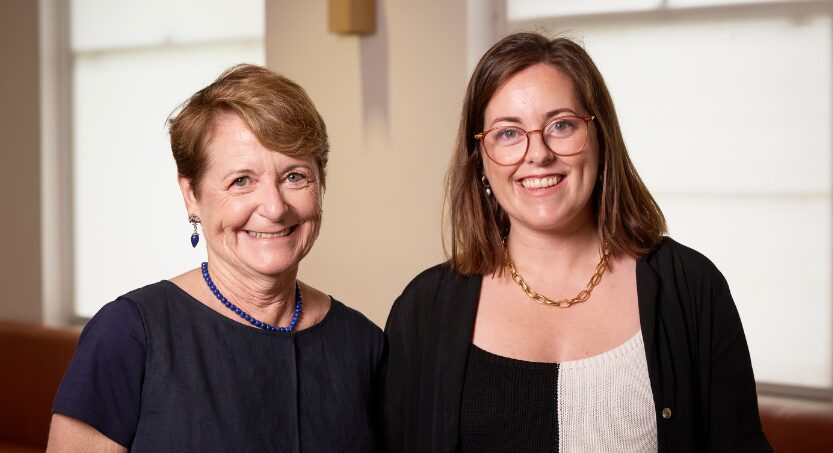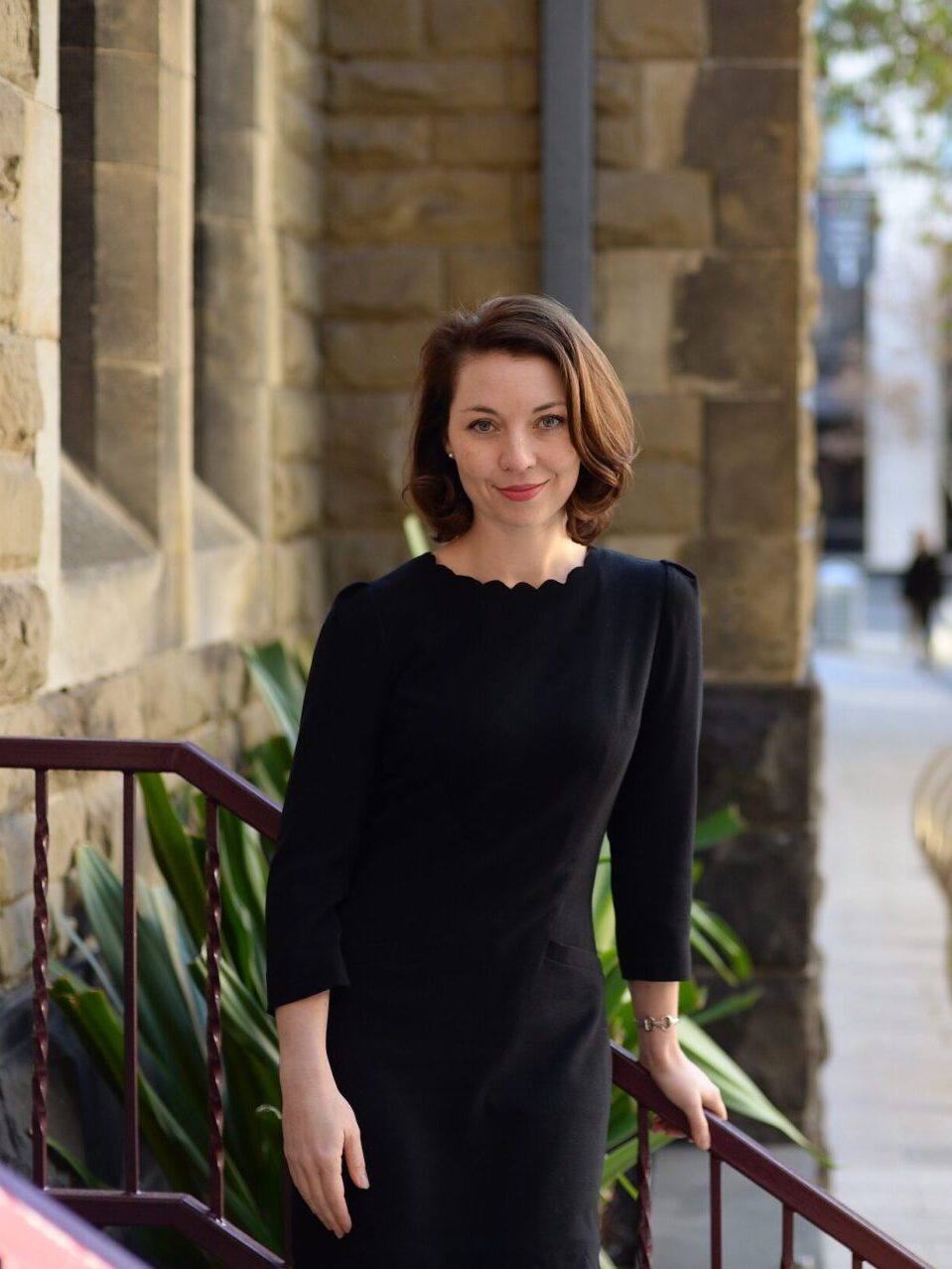Historic $50m Ainsworth family gift for endometriosis research ‘shows what’s possible in leadership for women’s giving’

Like millions of women around the world, Lily Ainsworth and others in her family have been dealing with the distress of endometriosis for decades – and they don’t want the next generation to face the same problem. It’s this personal experience that’s behind their groundbreaking $50 million commitment to establish the Ainsworth Endometriosis Research Institute (AERI) at the University of NSW in Sydney.
The partnership will run over 10 years and position Australia as a global leader in women’s health and the fight against endometriosis. It represents the growing development of women using their wealth to address issues that are close to their hearts. Given that women are set to inherit 65% of the $5 trillion that will be passed between generations over the next decade, it suggests that more historically underfunded areas might be in for a boost.
“I’ve had endo pain since I was a teenager,” Lily Ainsworth said (main image with mum Anna). “While my fertility hasn’t been impacted, I experience chronic, daily pain and severe flare-ups that debilitate me for days or weeks.
“As a family we care deeply about this condition. Hopefully our gift might encourage other donors to consider giving to causes that are important to them and that they have experienced. It makes a difference when you are donating to a cause that you genuinely care about and want to be involved in,” she said.
Endometriosis is a condition where tissue similar to the lining of the uterus is found outside the uterus, often causing severe pelvic pain, fatigue and in some cases infertility. An estimated one in seven Australian women will have endometriosis by age 49, impacting their health, fertility, careers and daily lives. The World Economic Forum named endometriosis one of the nine diseases most affecting the lives of women, their communities and the global economy.
“The Ainsworth Endometriosis Research Institute is more than an exceptional research institute; it is hope. Hope for those living with endometriosis now and in the future, that they will be able to live full, happy and healthy lives,” said Lily.

Melissa Smith is CEO and founder of Noble Ambition and the She Gives campaign, and acted as adviser to the Ainsworths in shepherding the gift. “The leadership that Lily and her mother Anna showed in their approach has many hallmarks of the way that women give,” she said.
“Their openness and willingness to listen to what was needed in the area of endometriosis research was foundational. They have been bold, driven by a very personal connection with the cause, and a desire to positively impact generations of women on a global scale.
“And they’ve been collaborative, working across three generations and three branches of the family to be part of this commitment.” Melissa highlighted that Lily and Anna have received messages of support from women impacted by endometriosis from around the world, “which is humbling and sure to inspire others in the joy of giving”.
Will the gift herald a new era of giving to historically underfunded areas in health and other areas affecting women?
“Any new record-breaking gift sets a benchmark. This gift sets a new bar in an overlooked area but also shows what’s possible in women’s leadership for giving,” said Melissa.
Jason Abbott, Professor of Obstetrics and Gynaecology at UNSW, will be the clinical director at AERI, while Professor Caroline Ford, Gynaecological Cancer Research Group lead at UNSW will be the Scientific Director. The aim is to accelerate breakthroughs in diagnosis and create precision-based treatments by focusing on genomic research, biorepositories and advanced testing.
Jason said Lily and Anna are committed not only to financial support but also to advocacy. “This is an incredibly generous gift that marks the largest injection of funding into endometriosis research globally,” he said. “It has been a well-considered process for the family – they asked what was needed to make a significant difference and learned it was long-term funding to grow a community of researchers.
“Lily and Anna now want to amplify the message both in Australia and around the world. This will ensure that other philanthropists will see it as a successful model.”
Jason said he has treated patients from eight-year-old girls to post-menopausal women, all struggling with pain and fatigue. “Tragically, endometriosis has flown beneath the radar for decades, mainly because it’s a women’s disease and is associated with menstruation and pain. These are often taboo subjects.
“We have been begging for something to be done for decades. Thanks to this generous grant, it looks like we are.”
Milli Weaver is the CEO and founder of Australian Endometriosis Foundation. “We surveyed our community recently and most respondents wanted increased funding to expand the understanding of endometriosis and to develop solutions outside of being put on the pill or into menopause,” she said.
“The new research institute is going to be a game-changer. It has the potential to find less invasive diagnostic processes, new pain management drugs and fertility preservation strategies. It’s the kind of thing you dream about for young people living with endometriosis.”